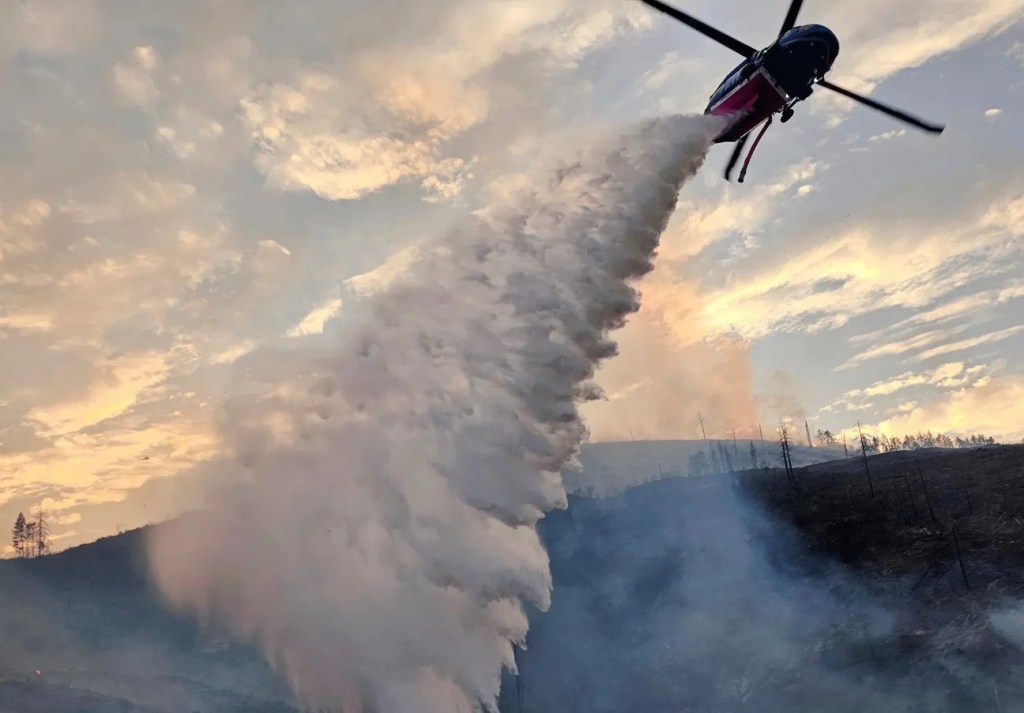EDITORIAL: Welcome reduction in landowners’ bills for wildfire protection
Published 7:30 am Sunday, June 29, 2025

- A helicopter dumps retardant on a fire. (Rachael Pope/Douglas Forest Protective Association)
The Oregon Legislature acted with uncommon swiftness after wildfires caused unprecedented devastation in the western and southern parts of the state over the Labor Day weekend in 2020.
During the 2021 session, lawmakers passed Senate Bill 762. The legislation boosted the state’s wildfire budget, allowing the Oregon Department of Forestry to hire dozens of firefighters, buy new fire engines and otherwise augment the state’s ability to combat blazes.
That’s the positive.
The negative is that too much of the financial burden was borne by property owners whose land is protected by the forestry department.
Mark Bennett, a retired Baker County commissioner who owns a cattle ranch in southern Baker County and served as chairman of the state Wildfire Programs Advisory Council, said rates for some people increased annually by 50% or more.
Pat Sullivan, another Baker County rancher, worried about another potential effect on the rate hikes, and that could weaken, rather than strengthen, firefighting response.
Sullivan is chief of the Burnt River Rural Fire Protection District, which covers 532 square miles. He feared that the state fire rates had risen so much that landowners who also donate to the rural fire district (which doesn’t have a property tax levy and relies on donations) would cease donating because they couldn’t afford two payments. Eventually, Sullivan said, rural districts might not be able to continue. That would be a major loss, as those districts, operated by volunteers, often arrive first at wildfires since they live nearby.
Over the past three years, Bennett, Sullivan and many others statewide have sought relief from the rising protection rates.
But now, with the passage of House Bill 3940 in both the state House (June 23) and Senate (June 26), they have it.
Bennett said the legislation will reduce rates over the next three years.
The precise amounts haven’t been determined, said Joy Krawczyk, public affairs director for the Department of Forestry.
The bill makes the rate cuts possible by imposing a tax on nicotine pouches and by diverting 20% of the interest from the state’s $1.9 billion Rainy Day Fund.
Although House Bill 3940 is a welcome change for rural landowners, state officials continue to face a long-term challenge in paying not only to fight fires, but to help reduce the fire risk by properly managing state forests and helping private landowners remove combustible debris from their land.
Jayson Jacoby is the editor of the Baker City Herald. Contact him at 541-518-2088 or jayson.jacoby @bakercityherald.com.






